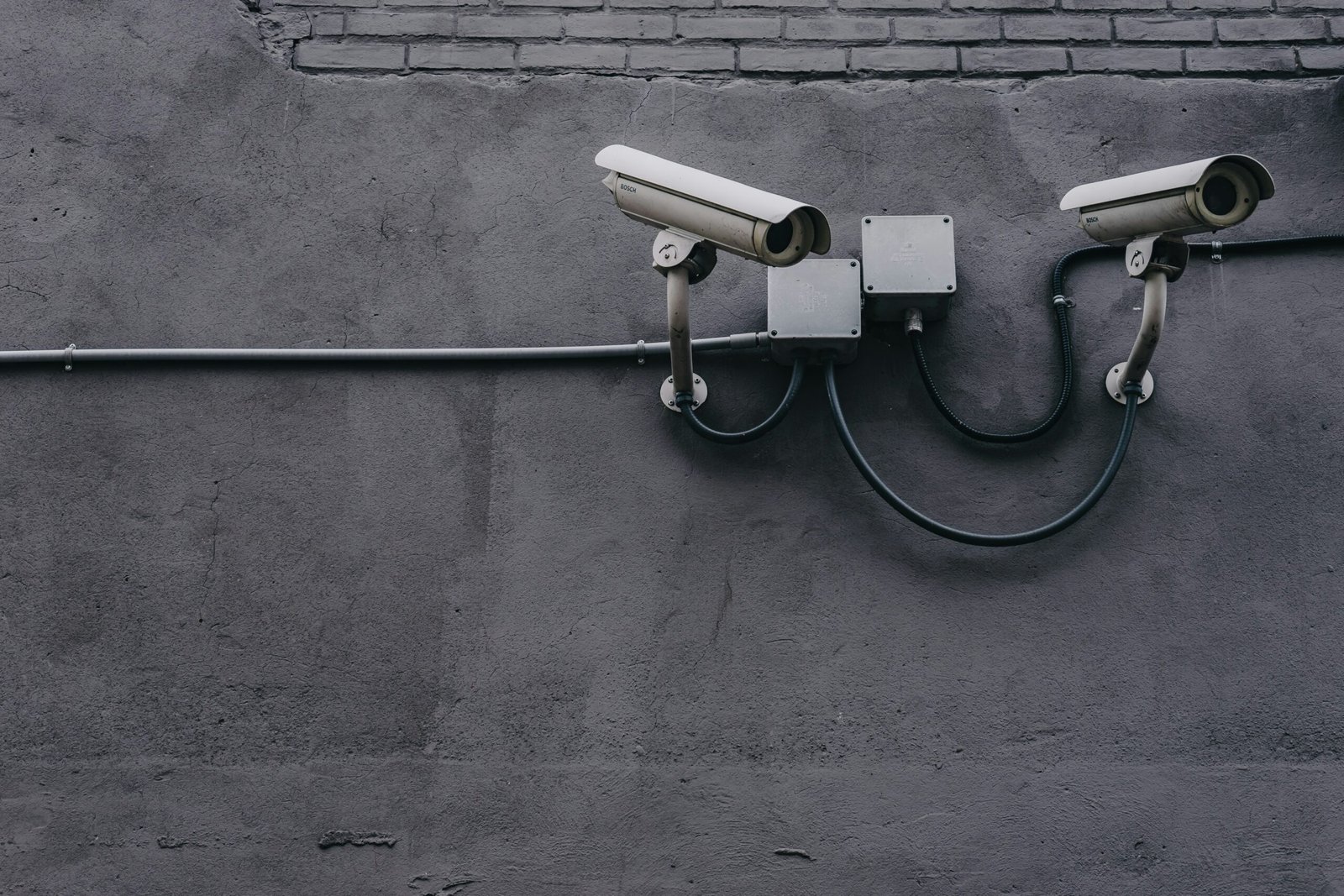Introduction to the Problem: Exam Paper Leaks in India
The recurrence of exam paper leaks in India continues to undermine the education system, posing significant challenges to the integrity and trustworthiness of academic assessments. Over the years, instances of NEET exam paper leaks and other competitive examination breaches have sown seeds of doubt among students, educators, and guardians. These breaches bear detrimental effects not only on the fairness of the exam process but also on students’ mental health, contributing to increased stress and anxiety, often leading to long-term psychological impacts.
Historically, India has grappled with numerous incidents where exam paper leaks have shaken the foundation of trust in academic institutions. One notable case in 2018 involved the Central Board of Secondary Education (CBSE), where the Class 10 mathematics and Class 12 economics papers were leaked, prompting nationwide retests. Despite immediate responses and administrative measures, the recurrence suggests that reactive strategies alone are insufficient to inhibit such breaches.
These leaks have far-reaching implications, stretching beyond immediate academic disruptions. They compromise the merit-based evaluation of students, prompting questions about the credibility of degrees awarded and capabilities of the graduates. Additionally, they strain the resources of educational boards and tarnish the reputation of India’s education system on the global stage. Trust, once eroded, is painstakingly difficult to rebuild, and constant paper leaks fuel a cycle of skepticism and disillusionment.
Amid these ongoing challenges, the dichotomy between the moral and ethical roots of exam paper leaks and potential technological solutions becomes increasingly evident. While the core of the problem may lie in human intent and systemic corruption, technological advancements offer a glimmer of hope. Enhanced security measures, such as blockchain technology to ensure paper integrity or AI algorithms to detect anomalies, could serve as formidable barriers against future leaks. However, as we delve deeper into this complex issue, the interplay between ethical considerations and technological interventions remains a pivotal arena for exploration.
Understanding the Moral and Ethical Dimensions
Exam paper leaks, like the recent NEET exam paper leaked incident, present a complex ethical dilemma affecting multiple stakeholders, including students, educators, administrators, and society at large. The motivations behind such unethical practices are numerous and multifaceted. Financial gains can be a significant driver, as individuals or groups often exploit the high-stakes nature of these exams for monetary benefits. Additionally, the immense pressure to succeed academically, both from familial expectations and societal norms, further exacerbates the issue, causing students and parents to resort to desperate measures.
Educators and administrators are not immune to these pressures. In some cases, institutional shortcomings and inadequacies in surveillance and enforcement create an environment where such breaches can occur with minimal risk. Loopholes within the examination system, such as lack of robust vetting processes and insufficient monitoring mechanisms, allow leaks to happen almost seamlessly, undermining the integrity of the entire educational framework.
For instance, the NEET exam paper leak not only questions the credibility of the examination process but also casts a long shadow on the ethical foundations of the academic system. A study performed by the National Institute of Educational Planning and Administration highlighted that 20% of students felt pressured to engage in dishonest practices due to perceived inadequacies in the examination system and peer pressure.
The consequences of such unethical behavior extend far beyond immediate academic gains. They erode trust in the educational institutions and diminish the value of legitimate achievements. In the long run, this can lead to a disillusioned and demoralized student body, undermining the integrity of future professionals.
Addressing this issue requires a holistic approach, emphasizing the instillation of a culture of integrity and honesty from an early age. Educational institutions must prioritize ethical education, emphasizing the significance of hard work and perseverance. Additionally, robust mechanisms for oversight and accountability must be established to prevent such breaches, ensuring that the focus remains on nurturing genuine academic and professional growth.
Potential Technical Solutions to Combat Exam Paper Leaks
In light of recent instances such as the NEET exam paper being leaked, it is vital to explore technical solutions to prevent such breaches. Various technologies offer promising methods to safeguard the integrity of examinations.
Blockchain Technology: One of the key solutions is the use of blockchain for secure storage and distribution of exam papers. Blockchain’s decentralized nature ensures that once data is recorded, it cannot be altered or deleted without consensus. This immutability can prevent unauthorized access and tampering. For example, Estonia has successfully implemented blockchain in its education system, ensuring transparency and security in data management.
End-to-End Encryption: Another robust measure is the deployment of end-to-end encryption for exam materials. This method ensures that only authorized personnel can access the exam papers. Data is encrypted at the source and decrypted only by the recipient, minimizing the risk of interception during transmission. The finance and healthcare sectors extensively use this technology to protect sensitive information, demonstrating its reliability.
Biometric Verification: Implementing biometric verification for exam personnel can also bolster security. This involves using fingerprints, facial recognition, or iris scans to authenticate individuals handling exam papers. This method guarantees that only authorized personnel can access the materials, thereby reducing the risk of an exam paper leak. Educational institutions in China and the USA have started integrating biometric systems to enhance security protocols.
AI-Based Monitoring: Lastly, deploying AI-based monitoring systems can detect and prevent suspicious activities related to exam papers. Artificial Intelligence can analyze patterns and predict potential breaches before they occur. For instance, AI-driven surveillance systems are already being used in various Indian cities for public security, highlighting their effectiveness in real-time monitoring.
While these technical solutions present viable strategies to combat exam paper leaks, challenges such as high implementation costs, the need for specialized training, and privacy concerns must be addressed. Nonetheless, integrating these technologies could significantly enhance the security and integrity of the examination process.
Balancing Technical Solutions with Ethical Education
The persistent issue of exam paper leaks, including the notable NEET exam paper leaked incidents, has necessitated a multifaceted approach in India. While advanced technological measures can act as crucial deterrents, addressing the root of the problem involves a more profound shift in ethical culture. Integrating technology with moral education offers a holistic method to mitigate this challenge effectively.
Technological solutions such as encrypted digital exam papers, real-time monitoring systems, and AI-based anomaly detection are indispensable in preventing leaks. These tools can significantly elevate the security of exam administration processes. However, relying solely on technology ignores the core of the issue: the ethical standards and behavior of individuals involved in the examination ecosystem.
Implementing comprehensive ethical education and training programs is vital. Students and staff need to be continuously educated about the values of integrity, honesty, and responsibility. Such programs should not be one-time initiatives but ongoing efforts incorporated into the regular curriculum and professional development of educators. Policymakers, educational institutions, and communities must collaborate to cultivate a culture where ethical behavior is the norm, not an exception.
One viable strategy includes workshops and seminars that discuss the repercussions of exam paper leaks on the education system and individual futures. Educational institutions can establish honor codes that students and staff pledge to uphold, reinforcing personal commitment to ethical standards. Additionally, creating transparent and fair examination processes can instill trust and reduce the perceived need for dishonest practices.
Policymakers should endorse and fund programs that intersect technology and ethics. Incorporating topics related to digital citizenship and ethical use of technology in curriculums can sensitize students to the importance of maintaining integrity in the digital age. Communities, including parents, can play a supportive role by reinforcing these values at home.
To build a robust and leak-proof examination system in India, a dual approach is essential. Actionable steps include implementing stringent technical security measures, providing continuous ethical education and training, fostering collaboration among stakeholders, and maintaining transparent examination procedures. By reinforcing the importance of integrity and leveraging technology as an aid rather than a crutch, a significant reduction in exam paper leaks can be achieved.

